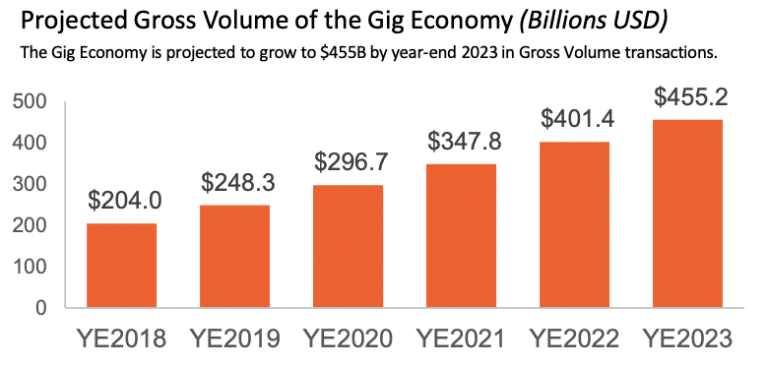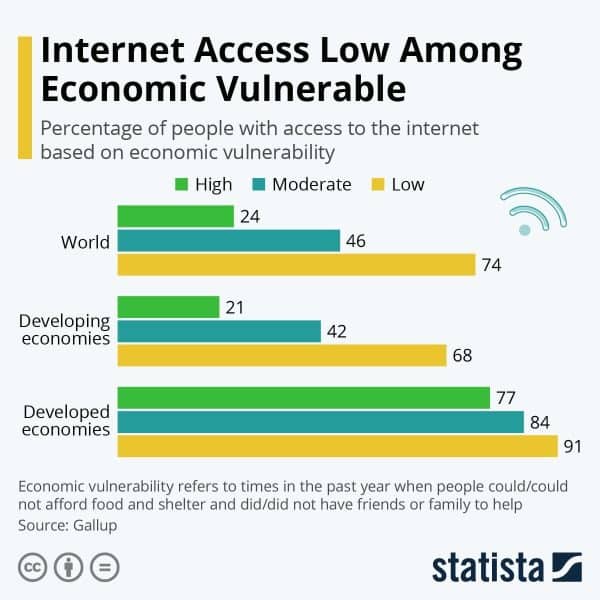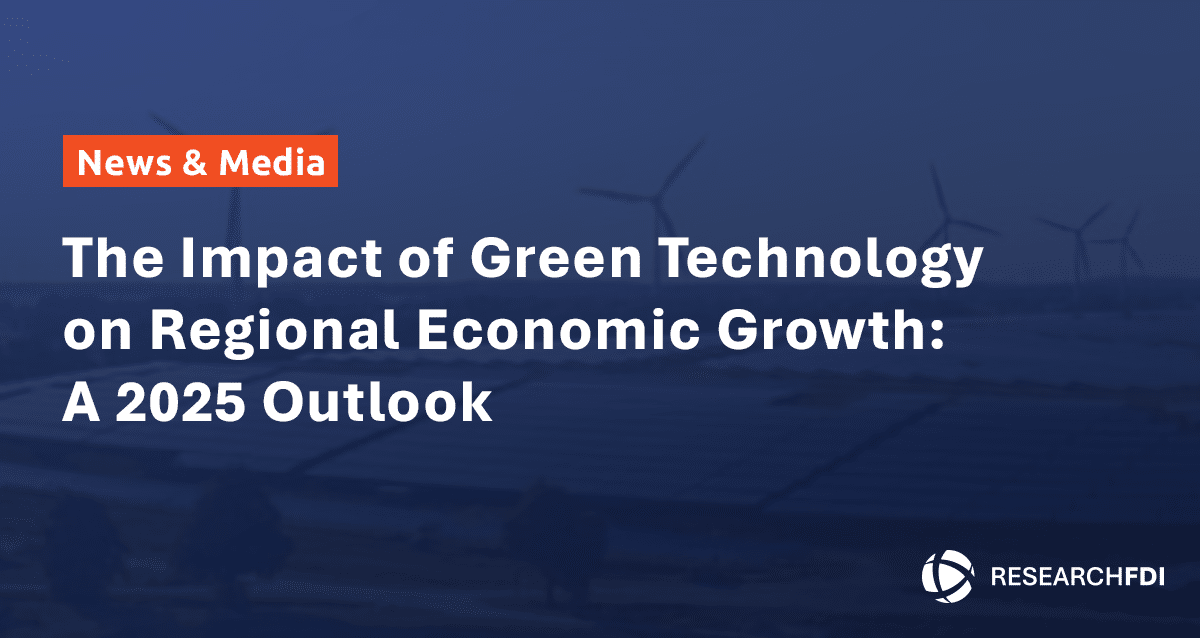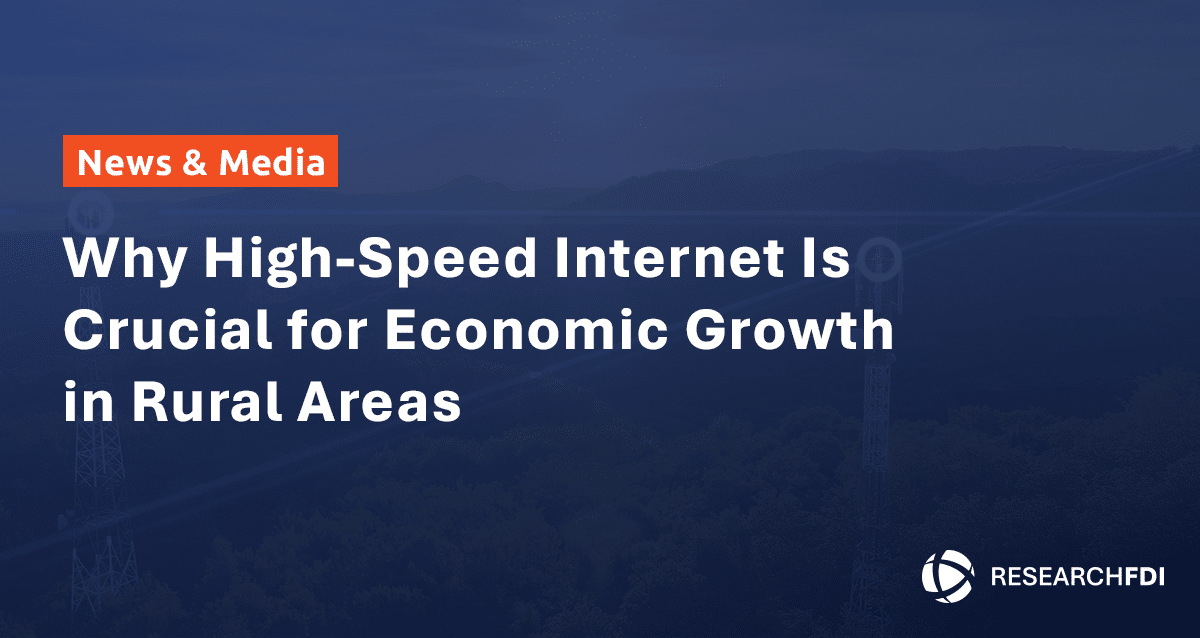Undeniably, technology has an immense impact on every facet of our lives. From daily tasks to societal functioning, technology serves as a catalyst for change, and economic development is no exception. It is reshaping work processes, production methods, and consumption patterns. Technology not only drives innovation and fosters growth opportunities but also presents challenges to traditional models of economic development that professionals are accustomed to.
As we move forward, technology will continue to shape the landscape of economic development, offering fresh prospects for businesses and individuals while introducing new obstacles. This article explores the various ways in which technology is changing economic development.
The impact of technology on industries
Recent advancements in technology have had transformative impacts on all industries, either directly or indirectly. To stay competitive and thrive in the evolving economy, industries have had to adapt to these technological advancements, causing shifts in the way many industries function. Technology driven impacts such as automation and digitalization have revolutionized processes, disrupted traditional industries and caused significant job displacement. While the growing importance of data and analytics has demonstrated the key role technology now plays in decision-making and reshaping the business landscape.
Automation and Job Displacement
Automation has been a key impact of technology on most industries, and as a result, has caused significant job displacements in the economy. Driven by advancements in robotics and artificial intelligence, routine and repetitive tasks have been able to be automated and completed by technology, increasing efficiency and productivity, and leading to short-term job losses due to the resulted reduced demand for manual labor. However, despite the impacts on job displacement, automation has also created opportunities for reskilling and upskilling workers to take on higher-value tasks and jobs that require uniquely human skills, fostering a shift in the composition of the workforce.
The Digitalization of Industries and the Emergence of New Business Models
The digitalization of industries, driven by advancements in technology, is transforming traditional processes into digital workflows, enabling businesses to streamline operations, enhance customer experiences, and develop new business models. While this change has disrupted traditional industries such as media, retail, and transportation, it also is creating new opportunities for companies to leverage digital platforms, cloud computing, and data analytics to improve efficiency, personalize offerings, and explore innovative revenue streams.
Changes in Production and Distribution Processes
The production and distribution process has also been revolutionized by technology, with advanced manufacturing technologies like 3D printing reducing prototyping costs, accelerating production, and enabling customization. These changes are improving efficiency, reducing costs, and increasing market reach for many industries, while also facilitating global e-commerce, enabling businesses to reach customers worldwide and reshaping traditional retail models.
The Increasing Importance of Data and Analytics in Decision-Making
For many industries, technology has exponentially increased the importance of data and analytics in decision-making. Evolving technologies like big data analytics, machine learning, and predictive modeling provide valuable insights for businesses, allowing organizations to optimize operations, target customers, and develop informed strategies based on data-driven analysis, enabling companies to better adapt to market changes and improve customer satisfaction.
The impact of technology on the creation of new opportunities for growth
In addition to transforming industries, technological advancements have greatly impacted the creation of new growth opportunities in economic development. As companies strive to remain competitive and thrive in the evolving economy, technology-driven avenues for growth have emerged, leading to the establishment of a new digital economy, fostering new markets and collaboration, and enhancing communication and remote work.
Growth of the Digital Economy:
Advancements in technology have driven the rapid rise of the digital economy, where business predominantly occurs online, opening new avenues for economic activity, enabling businesses to reach global markets and customers with ease. The digital economy is also providing new opportunities for entrepreneurs, small businesses, and established companies to expand their reach and scale.
New Markets and Customers in an Increasingly Connected World:
As advancements in technology continue to increase the connectiveness of the world, businesses are able to tap into new markets and customers. Through targeted marketing and personalized customer engagement on digital platforms, businesses now have greater access to consumers beyond their regions, creating new opportunities for export-oriented growth.
Improved Access to Information, Resources, and Services:
Access to information, resources, and services, largely driven by technological advancements have also created new opportunities for growth by leveling the playing field for businesses and individuals. There is greater access than ever before to a variety of knowledge, research, and educational resources. As a result, businesses can innovate and compete more effectively.
Enhanced Communication and Collaboration:
Communication and collaboration capabilities have been significantly advanced with technological advancements. Driven by the rise of communication platforms, companies can better connect, operate efficiently, and engage in virtual teamwork. This newfound ability to connect and collaborate easily has increased productivity, accelerated decision-making, and fostered cross-border partnerships. These advancements in communication and collaboration capabilities have also opened up new possibilities for remote work, creating new opportunities for employment and entrepreneurship.
The challenges technology brings to traditional models of economic development
While the impact of technology on industries and opportunities for growth in economic development may seem obvious, advancements in technology also bring challenges to traditional models of economic development, and these challenges are often less evident.
Advancements in technology are causing the traditional models of employment, development and governance to change, and these changes are posing significant challenges to the traditional models of economic development.
The gig economy, which relies heavily on short-term contracts or freelance work as opposed to permanent employment, has been on the rise because of advancements in technology and poses challenges regarding traditional models of employment. While the gig economy offers more flexibility and independence to those within it, workers lack the job security, benefits, and legal protections afforded to traditional employees. This is leading to greater income inequality and disrupting traditional labor markets. Similarly, traditional models of employment are also being impacted by the increased importance of human capital and skills in technology. Digital literacy, technological proficiency, and adaptability are essential in today’s workforce, creating challenges for those that have limited access to education and training in these fields. This is creating new inequalities and barriers to participating in the digital economy.

(Mastercard Gig Economy Industry Outlook and Needs Assessment)
Traditional models of development are also changing due to advancements in technology, with the digital divide and inequality becoming pressing concerns. The need for digital infrastructures is greater than ever, and the lack of it in many places is threatening development. As unequal access to digital technologies worsens existing social and economic disparities and restricts opportunities for education, employment, healthcare, and civic participation, it also challenges economic development efforts.

(Statista: Internet access is low among the economically vulnerable)
Finally, traditional models of governance in economic development are facing challenges, as the rapid pace of technological change requires government adaptation to the digital age. Governments are being forced to adapt their policies and regulations to keep pace with rapid technological advancements, and often these regulations fall behind the pace of technology
Looking to the future: How technology will continue to shape economic development
There is no doubt that technology will continue to shape the landscape of economic development in the years to come. Embracing evolving technologies and navigating the various changes that it brings will require active efforts from governments, businesses and individuals.
Recommendations for navigating these changes will require collaboration, lifelong learning, regulatory adaptation, digital inclusion, and ethical considerations. Collaboration and partnerships from governments, business and individuals can drive innovation, address societal challenges, ensure inclusive growth, and leverage collective expertise and resources in navigating technological changes. Furthermore, to keep up with the ever-evolving job market, individuals will need to prioritize continuously updating their skills and remaining relevant, this must be supported by governments and businesses through investments into education and training programs that equip individuals with future-proof skills. Governments must take the lead in adapting policies and regulations to keep pace with technological advancements, ensuring a balance between innovation and public interest, fair competition and protecting consumers. Alongside regulatory adaptation, governments must also make efforts to minimize the digital divide, ensuring inclusive access and encouraging businesses to design their products and services to include diverse user needs and demographics. Finally, as technology becomes more prominent in all aspects of our lives, it is crucial that governments, businesses, and individuals focus on ensuring the ethical implications of their actions are considered.
While technology will without only become more important in our everyday lives, embracing navigating these changes will require efforts from governments, businesses, and individuals, and these efforts will be key to harnessing the benefits of technology while ensuring inclusive and sustainable economic development.
More from ResearchFDI:




